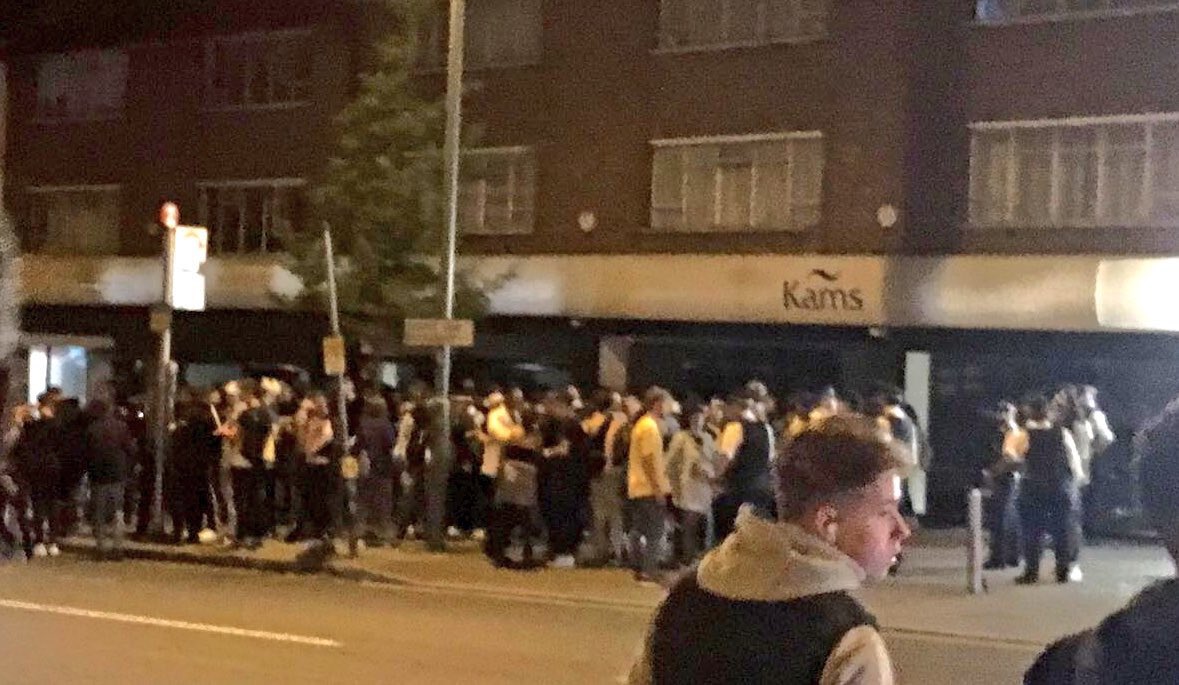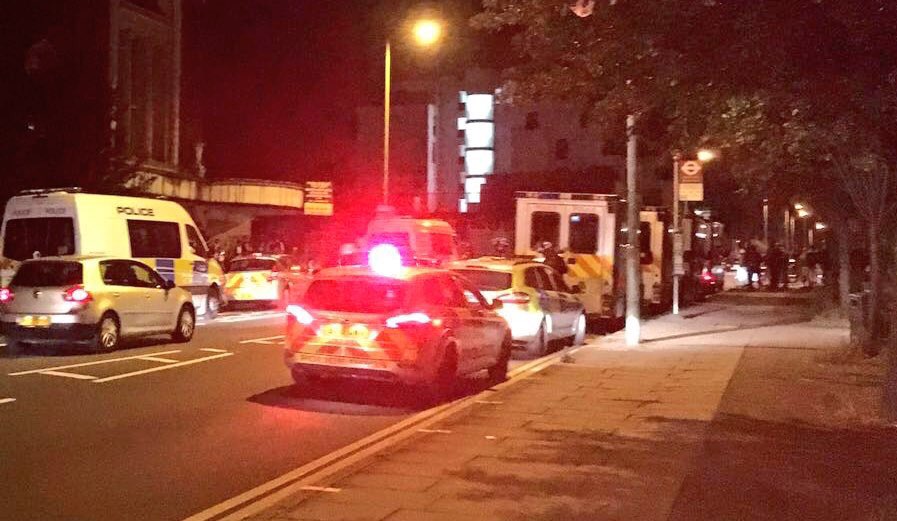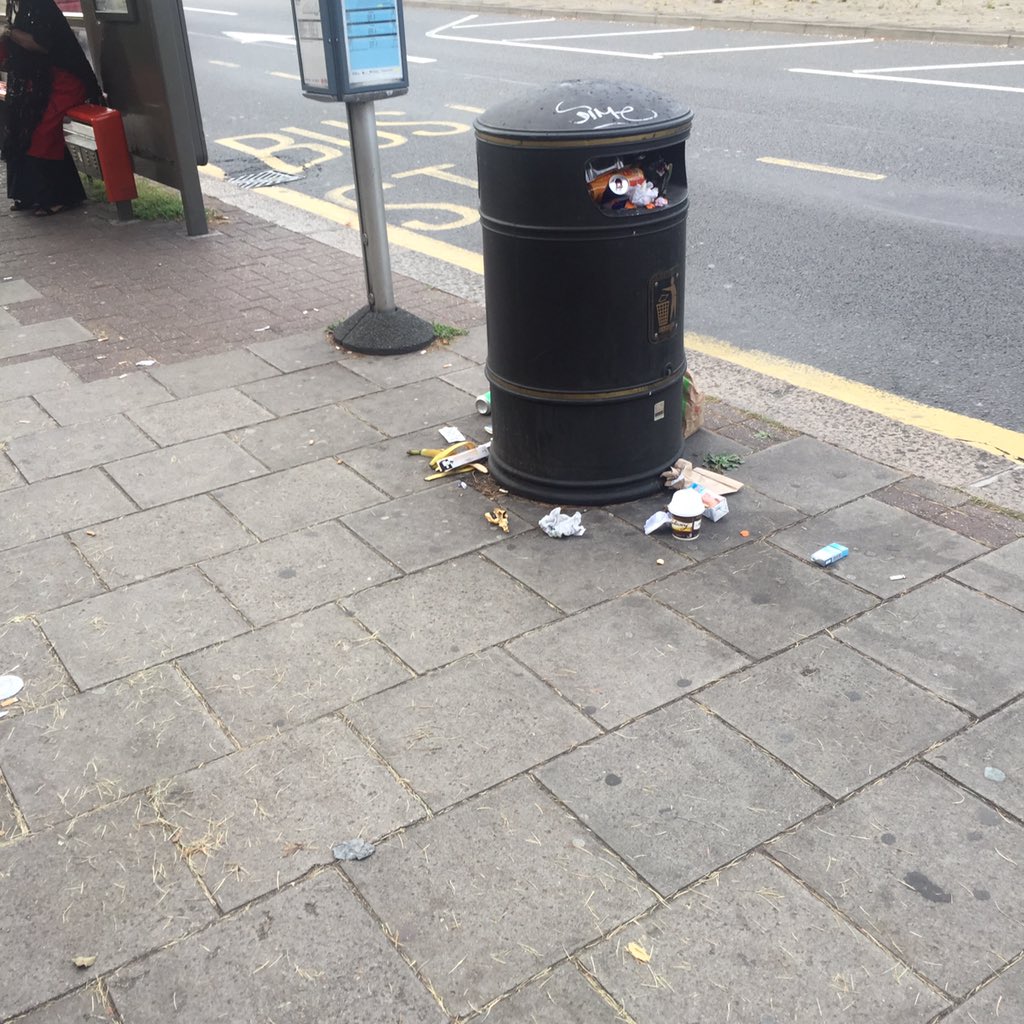Vision. We need one for our city and our country. Great things never happen by chance, they take planning hard work, but most of all vision. I want London to be the greatest place on Earth to live. In many ways it already is, but there are so many things that could make it even better and give us an even bigger advantage over our rivals. So heres my list.
1. The best air quality of any major city on the planet. We have the technology to be the best, all we need is the political will. If we set stringent limits on vehicles, encouraged people to walk, cycle or use public transport and made all public transport non polluting, it would give tens of thousands a better quality of life.
2. The best public transport system of any major city. This would massively help us achieve #1. It costs money and needs investment. We have good links into town, but getting around the edges is a nightmare. I can be in Kings Cross in around 15 minutes from Mill Hill. To get to Barnet by public transport (our nearest A&E hospital) takes an hour.
3. The best schools, colleges and Universities. If you were a student, why wouldn't you want to live in London? Well one reason is that the colleges elsewhere are better. Surely we should fix this? There is no excuse at all for failing schools. And we should have schools that our children want to go to. We should scrap the national curriculum, SAT tests etc. Lets have schools that deliver an education that makes our young people think and gives them skills for life. But also let them be children. I believe that really strong core skills in reading, writing and maths are important, but so is appreciating our environment, being fit and most of all being happy.
4. The best music scene in the world. Our pubs and clubs are under attack. Creative industries bring in billions, but there is no plan to help them thrive. Surely this is a no brainer.
5. The best social housing on the planet. I don't know about you, but I value our nurses, teachers and cleaners. I think they deserve great housing. In this country we are so blinded by the desire to own property that we have lost sight of the fact people deserve good accomodation that is affordable. We need a new approach so we build great living space for the ordinary people, not just for the mega rich and the speculators.
6. The best hospitals on the planet. Several years ago, I was taken with food poisoning in Sheffield. I went to A&E and was seen immediately. I was given an injection and was out within an hour. The last time I went to Barnet General A&E, I waited four hours to be seen. It would be quicker to jump on a train to Sheffield. That is insane. It doesn't save any money to have people sitting around for hours.
7. The best parks and green spaces of any major City. We do this pretty well, but we need to fight like Lions to maintain them. In my lifetime, our park has lost its swimming pool, it's public loo and is not nearly as well kept. We need to reverse this trend.
8. The best range of shops. This is not provided by chains. It is provided by independents. We need more help for small business. We need thriving high streets. We need diversity. Some chains are great, but I love independent fishmongers, record shops, shoe shops, music shops.
9. The happiest senior citizens. All of the stories we seem to read about the elderly seem disturbing and upsetting. I've come to the conclusion that our mindset needs a reboot. We need the words 'care home' to become synonymous with pleasant and happy life.
10. The most fulfilled disabled people. Let's build a city where all our citizens can share. Four years ago we all bought into the disabled Olympics, in a way no other city has. But there is so much more to do. All our citizens deserve decent job opportunities and a fulfilled life. Let's be the first city that gives all a fair chance. Let's give all an opportunity to contribute. Let's not shut the door in anyone's face.
I don't think any of my list are unreasonable or unachieveable. I think if you resent paying more tax to realise these aims you must be avert sad and small minded person. London needs to seize the future.












 Mark Amies
Mark Amies
 London 999 Feed
London 999 Feed
 Barnet Libraries
Barnet Libraries
 Lucy Lu
Lucy Lu
 The Chandos Arms
The Chandos Arms
 Barnet MPS
Barnet MPS Ian Dunn
Ian Dunn
 16th Edgware
16th Edgware
 Roland-François Lack
Roland-François Lack
 MillHillMusicComplex
MillHillMusicComplex

